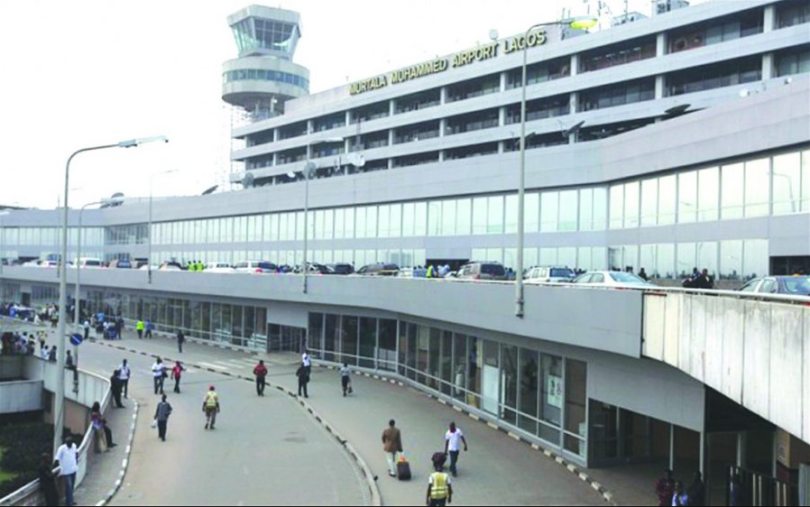The Nigerian aviation industry has faced a decade of slow growth, according to industry players.
Those spoken to by TheWitness said that the sector in Nigeria has been struggling with several decadence in the last decade of Nigeria’s 63 years of independence.
They specifically said that the issue of foreign exchange, poor and inadequate infrastructure and high multiple taxation had made the industry uncomfortable for organisations in the sector.
Engr, Chris Amokwu, a staff of the defunct national carrier, Nigeria Airways, said that recent challenges of foreign exchange had further impeded growth in the sector.
Amokwu said that while the sector had grown from just one airline in 1960 to more than 10 scheduled commercial airlines in 2023, the operators are struggling to remain in business.
He also said that since the sector was deregulated in the late 1970s, hundreds of airlines had closed shop, while the problems that led to their collapse still continue.
He lamented that the last administration brought the sector to its lowest ebb in recent times as none of the agenda set for it was realised.
Amokwu however said that the government had performed creditably well in fostering safety in the sector in the last 63 years and appealed to President Bola Tinubu to ensure the sustenance of this.
Also, Mr. Adebayo Adesanya, aviation analyst, explained that the agencies especially the regulatory body; the Nigeria Civil Aviation Authority (NCAA) had ensured improved safety since the coming onboard of the Nigeria Civil Aviation Regulations (NCARs) Act 2016.
He regretted that the government was compelled to act after the triple crashes of 2005 and 2006 in which over 300 lives were lost.
But, he lamented that the sector in the last decade had developed at snail speed.
For instance, he said many pilots who graduated from various aviation colleges were yet to be engaged due to their inability to be type-rated, while the Nigerian Airspace Management Agency (NAMA) sector still suffers from inadequate Air Traffic Controllers.
Just recently, a source close to the ATC, told our correspondent that there are less than 400 ATCs in the sector, while the existing ones work above the acceptable industry standard.







